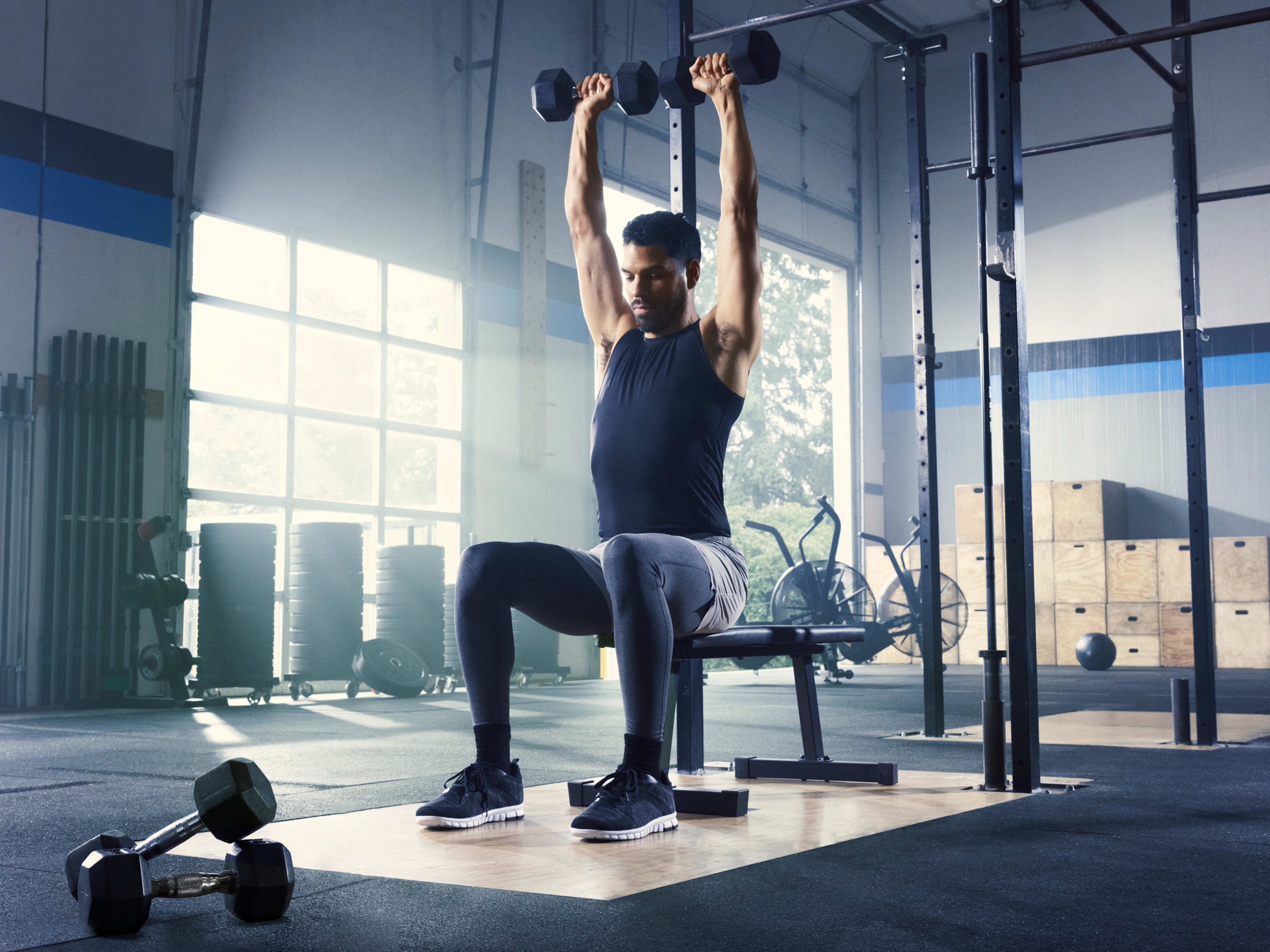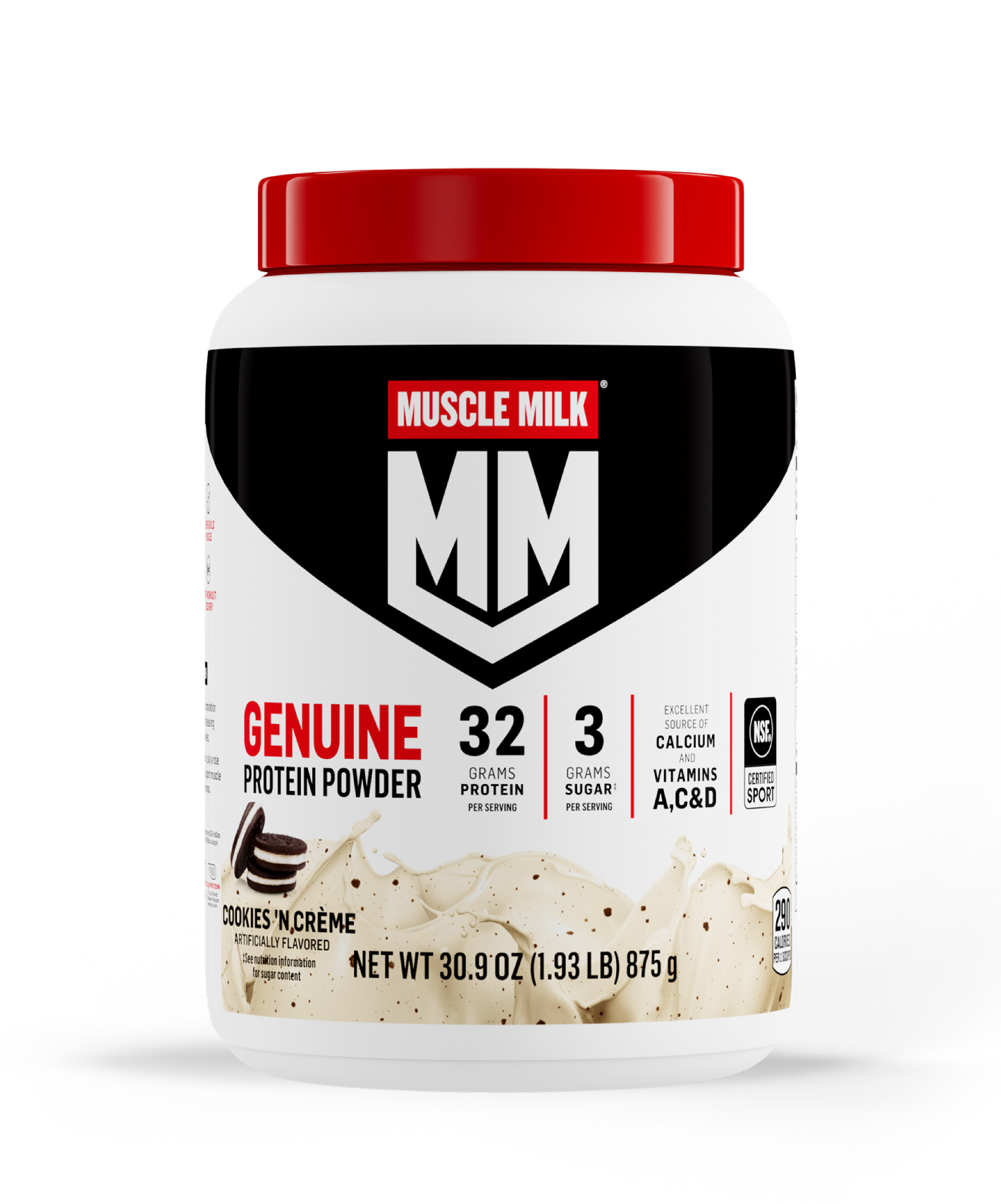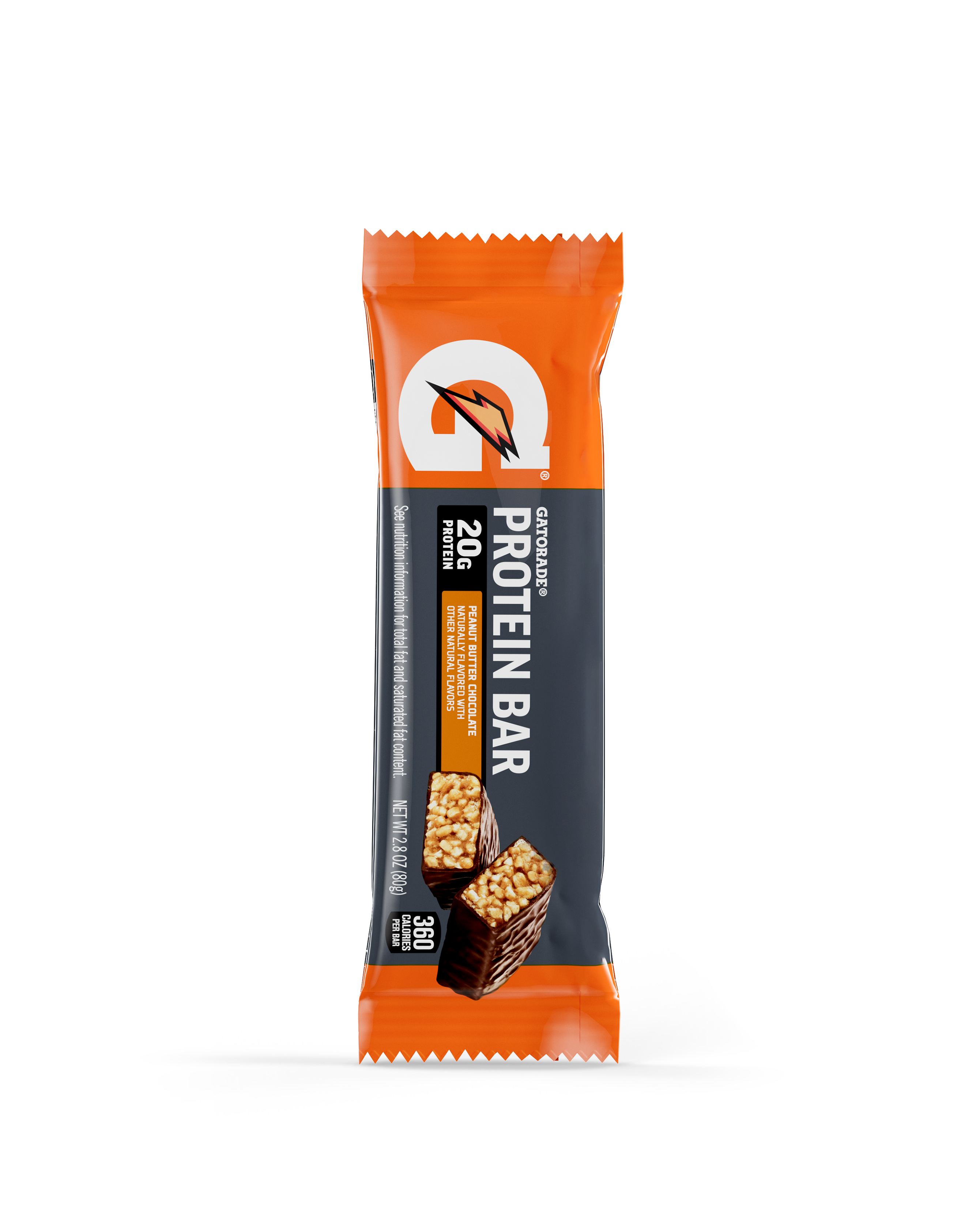
Protein, Performance
Protein & Active Aging: How to Stay Strong as You Grow Older

Let’s face it—aging is inevitable, but losing strength and muscle? That doesn’t have to be part of the deal. As we grow older, our bodies naturally start to lose muscle mass and strength, a process that can zap energy, reduce mobility, and raise the risk of injury. But here’s the good news: staying active and eating the right kind of protein at the right times can help keep your body strong, functional, and ready for whatever comes next.
Why Muscle Matters More as We Age
After age 60, many people begin to experience a steady decline in muscle mass, a condition called sarcopenia. It’s not just about looking toned—losing muscle means losing power, stability, and independence. But this isn’t just a problem for sedentary older adults. Even active older adults experience some level of muscle loss over time.
The main culprit? Something scientists call "anabolic resistance," which is a reduced ability of older muscles to rebuild after eating protein. But don’t worry—this resistance isn’t a dead end. Physical activity, especially resistance training (like lifting weights or using resistance bands), can reset the body’s sensitivity to protein and kickstart muscle-building again.
How Protein and Resistance Training Help Older Adults Build Muscle
When it comes to building and maintaining muscle in older adults, protein and exercise work best as a team. Here’s why:
Resistance training boosts the muscle’s ability to absorb and use protein.
Eating protein shortly after exercising leads to greater muscle growth than eating it hours later.
Just one workout can increase your muscles’ sensitivity to protein for up to 24 hours.
Timing and Type: How to Make Protein Work for You
You’ve probably heard that protein is important—but did you know that when and what kind of protein matters, too?
Aim for 30–40 grams of protein with each meal.
Post-workout and before bed are especially key times to get your protein in.
Fast-digesting proteins like whey are particularly effective post-workout, especially if they’re rich in leucine, a muscle-boosting amino acid.
Evenly spreading out your protein intake across the day—not just packing it into dinner—helps your muscles rebuild more effectively. Think four to five protein-rich meals, rather than one big steak at night.
Smart Supplements for Extra Support
In addition to high-quality protein, some supplements can give aging muscles a helpful nudge:
Creatine helps older adults train harder and build more strength.
Omega-3s (from fish oil) may enhance muscle response to protein and exercise.
These aren’t magic pills, but when combined with consistent training and smart nutrition, they can make a measurable difference. As always, we encourage you to speak with your physician or a registered dietitian to determine what’s right for your individual needs and the appropriate dosages.
What This Means for You
If you’re an older adult looking to stay strong, active, and independent, your game plan is simple:
Move more, especially with resistance training.
Fuel up with 30–40 grams of high-quality protein per meal.
Time it right—especially after workouts and before sleep.
Consider supplements like creatine and omega-3s for a bonus boost.
Muscle doesn’t have to disappear with age. With the right moves and meals, you can keep crushing workouts, staying active, and feeling strong for years to come.
How Gatorade Can Help
Looking for a quick, convenient way to hit your protein goals? A high-quality whey protein shake—like those from Gatorade’s protein line—can be a smart post-workout option to support muscle recovery and strength gains.
- Essential amino acids, including leucine, play a role in muscle growth
- Protein helps support muscle rebuilding and maintenance of muscle mass
- Contains 25g of whey isolate and concentrate per serving
- Take it to-go in a shaker bottle for an on-the-go snack
- NSF Certified for Sport
Gatorade Sports Science Institute

